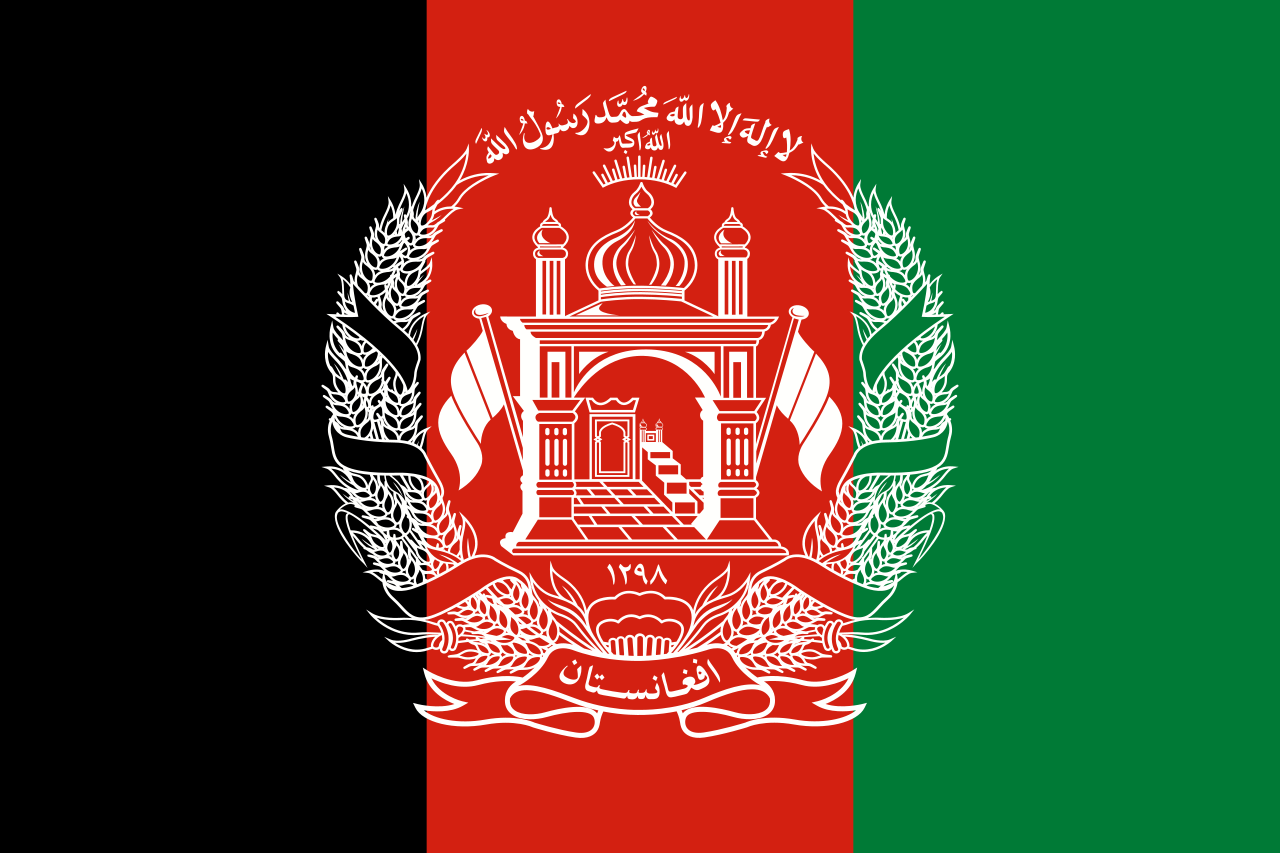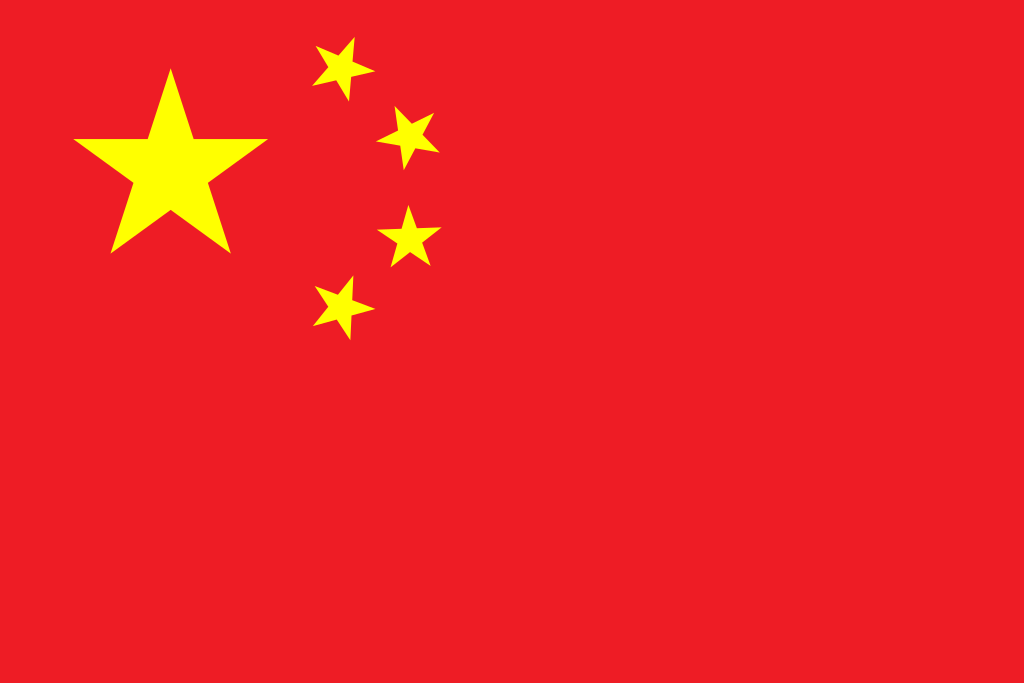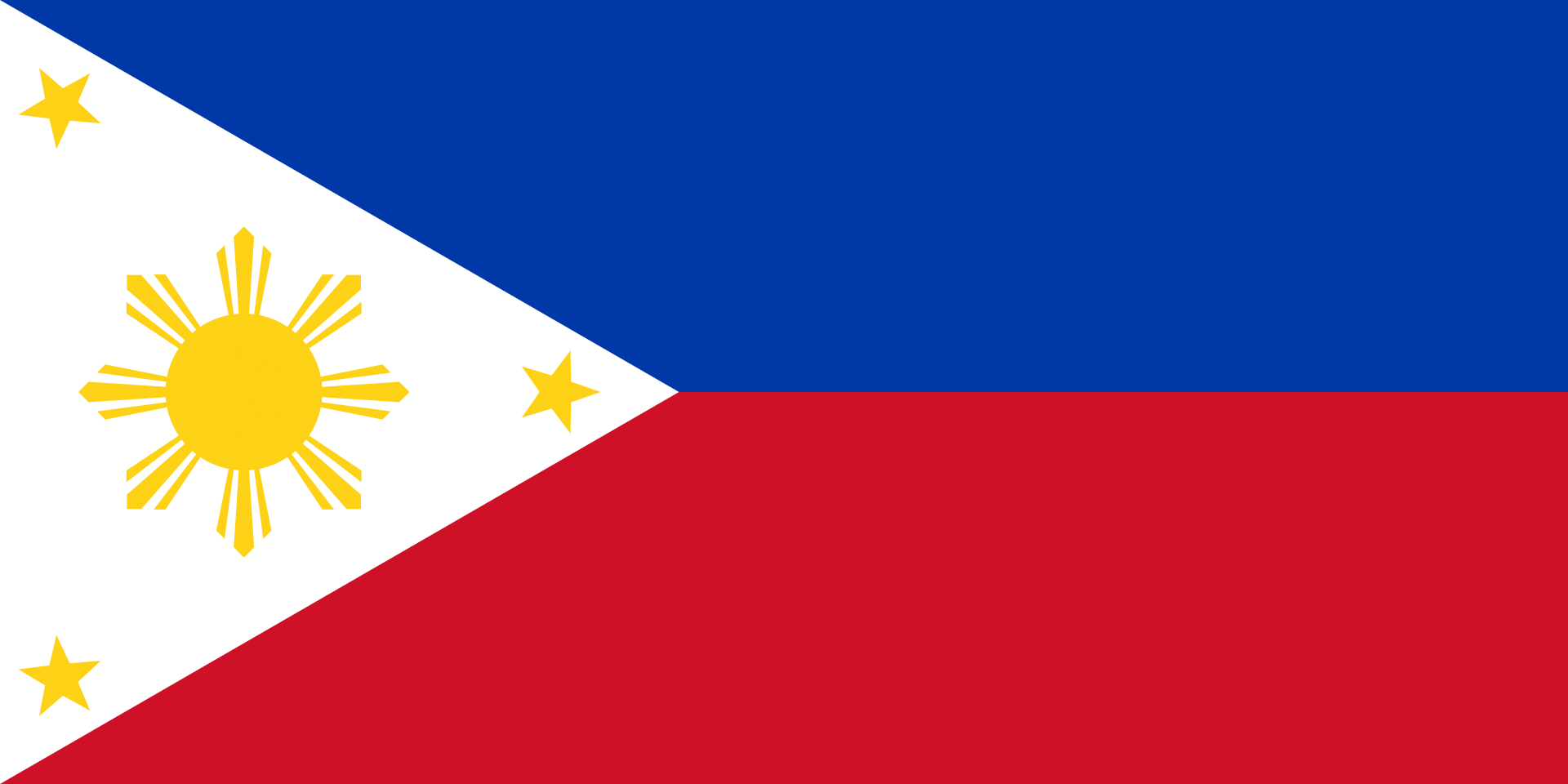With the conclusion of the 59th Session of the United Nations Human Rights Council (UNHRC), held from 16 June to 8 July 2025, the International Bar Association's Human Rights Institute (IBAHRI) reflects on the key discussions and outcomes of the session, the side events held and the resolutions passed.
Highlights of the 59th session of the UNHRC and the IBAHRI's engagement:
Under the spotlight
Promoting international accountability: the Special Tribunal on the Crime of Aggression against Ukraine
On 4 July 2025, the IBA and IBAHRI co-organised with the Permanent Missions of Ukraine, Latvia, Liechtenstein, Lithuania, Luxembourg and the Netherlands, as well as No Peace Without Justice , a side event titled 'Special Tribunal for the Crime of Aggression: Delivering Justice and Protecting Human Rights in the Context of Russia's War Against Ukraine', which had the objectives of discussing recent developments regarding the creation of the Special Tribunal for the Crime of Aggression against Ukraine; highlighting the link between the crime of aggression and widespread human rights violations, emphasising the need for international legal mechanisms to hold perpetrators accountable; providing a platform for legal experts, government representatives and civil society to exchange views on how the Tribunal can effectively deliver justice and accountability; and mobilising further support from UN Member States, international organisations and human rights defenders for the Tribunal and its mission. Speakers included HE Mr Yevhenii Tsymbaliuk, Permanent Representative of Ukraine to the UN Office and other International Organisations in Geneva; Dr Mark Ellis, IBA Executive Director; Dr Anton Korynevych, Coordinator of the Core Group on the establishment of the Special Tribunal for the Crime of Aggression against Ukraine, and Director of the Department General for International Law of the Ministry of Foreign Affairs of Ukraine; as well as Dr Dainius Žalimas, Member of the European Parliament and Professor of International and Constitutional Law. The side event was the second in a series of events co-hosted by the IBA advocating for the Tribunal - the first took place on 27 June 2025 in Washington, DC, in the United States, with the American Society of International Law (ASIL), and was entitled 'Special Tribunal for the Crime of Aggression in Ukraine - The Promise of Justice and Premise of Lasting Peace'.
Independence of judges and lawyers: protecting lawyers and ensuring access to justice through the new Council of Europe Convention for the Protection of the Profession of Lawyer
The IBAHRI, along with the Council of Europe (CoE), the Permanent Mission of the Grand Duchy of Luxembourg to the UN Office and other international organizations in Geneva and the Council of Bars and Law Societies of Europe (CCBE), hosted a side event aimed at mobilising support for the CoE Convention on the Protection of the Profession of Lawyer . Lawyers worldwide continue to face threats, harassment and undue interference in their work. In response to these challenges, on 12 March 2025 the CoE Committee of Ministers adopted the Convention - an international treaty aimed at strengthening legal guarantees for the independence and security of lawyers. This is a milestone, as it is the first international legally binding instrument dedicated to protecting the rights of lawyers and those of their professional associations. Moreover, the Convention also provides for the possibility of non-Member States of the CoE becoming parties to the Convention, extending its protective reach beyond Europe.
The event was moderated by Mark Stephens CBE, IBAHRI Co-Chair, with speakers including Ernstine Kornelis, the Deputy Permanent Representative of the Grand Duchy of Luxembourg to the UN Office of Geneva; Margaret Satterthwaite, the UN Special Rapporteur on the Independence of Judges and Lawyers; Christoph Henrichs, the Council of Europe Chair of the Committee of Experts on the Protection of Lawyers; Roman Zavrsek, CCBE First Vice-President; and Sophie de Graaf, Executive Director of Lawyers for Lawyers . The event was co-sponsored by Andorra, Belgium, Chile, Costa Rica, Czechia, Estonia, France, Greece, Ireland, Italy, Kingdom of the Netherlands, North Macedonia, Norway, the Philippines, Poland and the Republic of Moldova, as well as the International Commission of Jurists (ICJ), Lawyers for Lawyers, the American Bar Association , the Inter-American Bar Association , the Pan African Lawyers Union and LAWASIA .
During the Interactive Dialogue (ID) with the UN Special Rapporteur on the Independence of Judges and Lawyers, IBAHRI joined the Law Council of Australia and LAWASIA in producing a joint statement , highlighting concerns at actions seeking to influence, undermine or hinder the activities of courts and that personally target judges or lawyers for exercising their professional duties or exercising their civil and political rights. The organisations expressed concern at efforts to cast legal professionals as adversaries or threats and rejected the imposition of retributive sanctions on lawyers and law firms for the cases or clients they take on.
International accountability: UNHRC reiterates unconditional support to the International Criminal Court (ICC)
The IBAHRI welcomed strong pushback against US sanctions on the ICC at the 59th session of the UNHRC ('UNHRC59'). The UN High Commissioner for Human Rights, Volker Türk, along with UN independent human rights experts, States and civil society, firmly condemned the retaliatory threats and sanctions against ICC officials and other persons supporting the Court by the US. This pushback includes a powerful joint statement signed by 54 states under Belgium's leadership.
During the ID with the UN Special Rapporteur on the Independence of Judges and Lawyers, the IBAHRI delivered a joint statement alongside Human Rights Watch (HRW) and the International Commission of Jurists (ICJ) to condemn threats and attacks against the ICC, its officials and those cooperating with it, including the sanctions imposed by the US. 'Sanctions against [Court] officials […] are a threat to the protection of human rights and the rule of law around the world, obstruct the course of justice, jeopardising victims' access to justice and their right to remedy and reparation.' The organisations, supported by Judges for Judges and Lawyers' Rights Watch Canada (LRWC), concluded that nobody is above the law and that the international community 'must stand with victims and those who seek justice' and 'must stand united against impunity'. The legal news website JURIST covered the statement.
Within its work to mobilise the UNHRC to enhance support for the ICC, IBAHRI co-sponsored a joint side event organised by the ICJ, 'Attacks on the International Criminal Court and judiciaries around the world: Firewalls against impunity in an age of autocracy', the subject matter of which included US sanctions against the ICC. The event was moderated by Mark Stephens with interventions from the UN Special Rapporteur on the Independence of Judges and Lawyers and a video message from ICC President, Judge Tomoko Akane. Panellists discussed the increasing attacks on judges and lawyers in the context of the deterioration of the rule of law and accountability for serious human rights violations globally, including the US administration's attacks on the ICC and the chilling effect of executive orders on survivor support for, and participation in, ICC cases.
UNHRC59 country-specific takeaways (in alphabetical order)
Afghanistan

During the Enhanced ID on the Report of the Special Rapporteur on Afghanistan, the IBAHRI and the ICJ delivered a joint statement addressing the situation of women and girls and the impossibility of seeking justice at a domestic level. The organisations reiterated the call for the UNHRC to establish, without further delay, an independent international investigative mechanism to collect, preserve and analyse information and evidence of violations, with a gender-sensitive and intersectional lens, and make it available to accountability bodies.
Hazara women and girls
The IBAHRI co-hosted a session on the situation of Hazara women and girls in Afghanistan, focused
on the issue of intersectionality. Dr Ewelina Ochab, IBAHRI Senior Programme Lawyer, spoke at the session on the Hazara Inquiry, a Parliamentary investigation led by the IBAHRI which, in 2022, found a serious risk of genocide. The recommendations of the Hazara Inquiry are yet to be implemented by the international community.
Belarus
IBAHRI delivered a statement during the ID with the UN Special Rapporteur on Belarus alongside the ICJ and LRWC. The statement addressed systematic reprisals against lawyers representing political opposition figures or acting in defence of human rights or the rule of law, noting that the authors deplore the full subordination of the judiciary to executive control. While IBAHRI, ICJ and LRWC acknowledged the recent release of 14 political prisoners, including political opposition figure Siarhei Tsikhanouski, the organisations stressed that too many others remain arbitrarily detained and that systemic persecution of those exercising dissent persists. Belarus is a party to the Convention against Torture and Other Cruel, Inhuman or Degrading Treatment or Punishment and the International Covenant on Civil and Political Rights , and is bound by its international obligations. The organisations called for the release of all individuals arbitrarily detained for political reasons and for any further persecution to cease.
Burundi

During the ID with the Special Rapporteur on Burundi, the IBAHRI delivered an oral statement on the human rights situation in the country, focusing on the ever-growing levels of impunity for past atrocities but also new challenges faced by the country. Among others, Burundi received refugees from the Democratic Republic of the Congo (DRC) following the spike in violence in the east of the DRC, driven by the M23 rebel group. Burundi is said to have received more than 70,000 DRC refugees since January 2025, while still hosting thousands from previous conflicts. However, funding for humanitarian assistance is running low and has been affected by cuts in foreign aid from several countries. The IBAHRI called for renewed attention to justice and accountability for past atrocities and international assistance to support Burundi in DRC refugees' protection strategies.
Central African Republic

The IBAHRI delivered an oral statement on justice and accountability for victims and survivors of conflict-related sexual violence and gender-based violence in the Central African Republic. The IBAHRI also addressed increasing levels of insecurity in some regions, including in areas near the border with Sudan, where violence and displacement have surged in recent months as a result of the civil war. Sexual violence, trafficking and forced marriage are rising at alarming rates, particularly in displacement camps and areas controlled by armed groups.
China

The IBAHRI continues to deplore the UNHRC's inactivity towards serious human rights violations in China, including crimes against humanity. The IBAHRI joined LRWC on a joint oral statement during the ID with the Special Rapporteur on the Independence of Judges and Lawyers to mark the 10th anniversary of the '709 crackdown' against human rights lawyers in China, an event that took place on 9 July 2015 when police targeted over 300 lawyers and legal advocates in the biggest attack on lawyers in China's modern history. Since then, China's government has continued to disbar lawyers, shut down law firms and impose lengthy prison sentences on legal professionals. Lawyer Gao Zhisheng has been forcibly disappeared since August 2017. The organisations stressed that persecution has also increased against human rights advocates from other regions, including Tibetans, Uyghurs and Hong Kongers, and denounced the transnational repression being conducted by Chinese authorities.
Guatemala
The IBAHRI joined a host of organisations including the Center for Justice and International Law , the International Platform Against Impunity , Jotay and International Service for Human Rights for a joint side event on the situation of human rights and rule of law in Guatemala. Speakers included Francisco Calí Tzay, UN Special Rapporteur on the Rights of Indigenous Peoples, Margaret Satterthwaite and two indigenous lawyers at risk.
Myanmar
The IBAHRI welcomed the adoption by consensus of the Resolution on the situation of human rights of Rohingya Muslims and other minorities in Myanmar. This represents a strong signal of the UNHRC's continued prioritisation of their plight. The IBAHRI particularly appreciates the call for protection of forcibly displaced Rohingya and for the respect for non-refoulement, which remains vital. In this respect the Resolution's emphasis on accountability and reparations as prerequisites for the safe, voluntary and dignified return of Rohingya refugees is of great importance.
During the ID on the High Commissioner's report and oral update of the Special Rapporteur on Myanmar, the IBAHRI, the ICJ, the Law Council of Australia and LRWC condemned once more the ongoing systematic atrocity crimes that have been carried out chronically in Myanmar.
The organisations also expressed concern at reports of torture and other ill-treatment of individuals in detention; that the judicial system, entirely subsumed by the military, lacks any independence; and that lawyers continue to face severe and undue restrictions on the exercise of their professional duties, having to work under a constant fear of being arrested.
The Philippines

The IBAHRI welcomes the report of the UN Special Rapporteur on Extrajudicial, Summary or Arbitrary Executions, focusing on the rights of families of victims. During the ID with the Special Rapporteur, the IBAHRI and the World Organisation Against Torture (OMCT) delivered a joint statement highlighting the significant barriers faced by the families of victims of the so-called 'war on drugs' in the Philippines. These barriers include difficulties in recovering the remains of the deceased, filing judicial complaints and accessing reparations. The statement stressed consistent patterns of incomplete and inadequate investigations into extrajudicial killings, reflecting a culture of institutional acquiescence, which severely undermines the right of families to an effective remedy. The IBAHRI and the OMCT urged the Philippines to establish an independent and impartial body to investigate thoroughly and effectively all extrajudicial killings.
Ukraine
The IBAHRI welcomes the adoption of the Resolution on cooperation with, and assistance to, Ukraine in the field of human rights, renewing the mandate of the UN Human Rights Monitoring Mission in Ukraine (HRMMU). The IBAHRI participated in the informal consultations commending the work of the HRMMU and supporting its renewal.
Alongside Lawyers for Lawyers, the IBAHRI delivered a joint statement during the ID on Technical Cooperation in Ukraine. The organisations expressed deep concerns about the ongoing persecution of lawyers in occupied Crimea, particularly those representing Crimean Tatars, Ukrainians and civil society actors in politically sensitive cases.
The IBAHRI and the Ukrainian Bar Association (UBA) delivered a joint oral statement during the ID with the High Commissioner's Report on Technical Cooperation and Capacity Building. The IBAHRI and UBA stressed that in Ukraine, the large-scale disruption caused by Russia's war of aggression has severely impacted numerous sectors, including the justice system, with damages to court infrastructure forcing 20 per cent of courts to shut down. Despite these obstacles, the Ukrainian justice system has demonstrated notable resilience, continuing to operate under conditions of severe financial constraints and frequent interruptions to regular judicial processes. The organisations called on the UNHRC to enhance support for Ukrainian's justice institutions through technical cooperation. More specifically, the IBAHRI and UBA called for increased technical assistance, capacity-building and financial support to Ukraine's judicial institutions and for targeted support to strengthen prosecutorial and investigative capacities, particularly in the documentation and adjudication of war crimes.
The United States
The IBAHRI joined LRWC for an oral statement during the ID with the UN Special Rapporteur on Freedom of Association and Assembly. The organisations expressed serious concerns that the US government is conducting a concerted attack on the rule of law, threatening human rights defenders, lawyers, judges, and civil society groups, students and universities that uphold human rights within and outside the US. Lawyers who challenge the administration, and judges whose rulings protect the rights of detained protestors, have been subjected to public vilification and threats. The IBAHRI and LRWC also denounced the US administration's reaction to recent protests against the militarised crackdowns on migrants, with hundreds of individuals arrested (and falsely labelled as 'insurrectionists') and many detained protesters being denied prompt access to lawyers. The organisations urged the UNHRC and its members to condemn these unacceptable acts becoming widespread and systematic.
Venezuela
During the ID on the High Commissioner's Report on Human Rights in Venezuela, the IBAHRI joined Lawyers for Lawyers on an oral statement stressing that repression of dissent in Venezuela continues at an alarming rate, with at least 932 individuals currently detained for political reasons, coupled with an increasingly hostile environment for the legal profession, where lawyers are denied access to clients and case files, and face threats and arrests for carrying out their work.
Thematic takeaways and IBAHRI contributions
Safety of journalists
The IBAHRI welcomed the adoption of a strong Resolution on the safety of journalists, adopted by consensus and co-sponsored by over 70 countries across all regions. The Resolution sends a strong signal of a renewed international commitment to prevent, protect and remedy human rights violations against journalists, from a holistic approach. The Resolution is the first UN initiative to recommend a range of concrete, specific measures to prevent, mitigate and remedy strategic lawsuits against public participation (SLAPPs). It also introduces a new paragraph and recommendations related to transnational repression, surveillance, armed conflict and occupation, social media companies and other key issues. The IBAHRI contributed oral and written inputs to the Resolution, including a request to include a standalone paragraph on transnational repression.
Environmental lawyers
The IBAHRI welcomed the adoption of a resolution on human rights and climate change in relation to climate finance. Together with Lawyers for Lawyers, the IBAHRI delivered an oral statement during the ID with the Special Rapporteur on Human Rights in the Context of Climate Change. The organisations expressed concern about increasing attacks against environmental lawyers, who play a vital role in advancing climate justice, ensuring accountability, providing access to justice and equipping marginalised groups with the tools necessary to defend their rights and livelihoods. These lawyers face escalating reprisals simply for performing their legitimate duties and are often labelled as 'anti-development' or 'enemies of the state', undermining both their safety and their credibility.
Other key takeaways of the UNHRC59
Women and girls
The IBAHRI appreciated the adoption of a resolution on accelerating efforts to achieve women's economic empowerment to eliminate all forms of violence against women and girls. This had a focus on the realisation of economic, social and cultural rights as an effective measure to prevent and eliminate gender-based violence. The IBAHRI also welcomed the adoption of the Resolution on the elimination of female genital mutilation, as well as the UNHRC's decision to renew the mandate of the UN Working Group on Discrimination Against Women and Girls.
Occupied Palestinian territories
The IBAHRI welcomed the report of the UN Special Rapporteur on the situation of human rights in the Palestinian territories occupied since 1967 presented at the UNHRC, which is entitled 'From economy of occupation to economy of genocide'.
Sexual orientation and gender identity
The Council's decision to renew the mandate of the UN Independent Expert on sexual orientation and gender identity was welcomed by the IBAHRI.
Rights to freedom of peaceful assembly and of association
The IBAHRI appreciated the adoption of the Resolution on the rights to freedom of peaceful assembly and of association, renewing the crucial mandate of the UN Special Rapporteur on freedom of peaceful assembly and of association for a further three years. The Resolution also stressed the important role of new information and communications technology in enabling and facilitating the enjoyment of the rights to freedom of peaceful assembly and of association, including the emphasis on how growing compounding crises and conflicts, the global backsliding of democracy and the rule of law, and the securitisation of agendas - where issues are framed as security threats - have exacerbated and deepened restrictions on the rights to freedom of peaceful assembly and of association, particularly during protests, elections, crisis situations, armed conflict and occupation.
UNHRC budget cuts and the impact on protection and promotion of respect for human rights
The IBAHRI is concerned by the announcement from the UN High Commissioner for Human Rights that certain activities mandated by the UNHRC cannot be delivered due to a lack of funding. This position is due to the failure of some States to pay their assessed contributions in full and on time. The IBAHRI regrets that this crisis is currently affecting the Council's ability to adequately deliver its important mandate to contribute to the prevention of human rights violations and abuse and to promote full implementation of human rights obligations and respect for human rights and fundamental freedoms. This will negatively impact its mandate to respond to gross and systematic violations and act promptly in emergency human rights situations, as well as promote accountability and justice, and ultimately will jeopardise the protection of victims and survivors.






